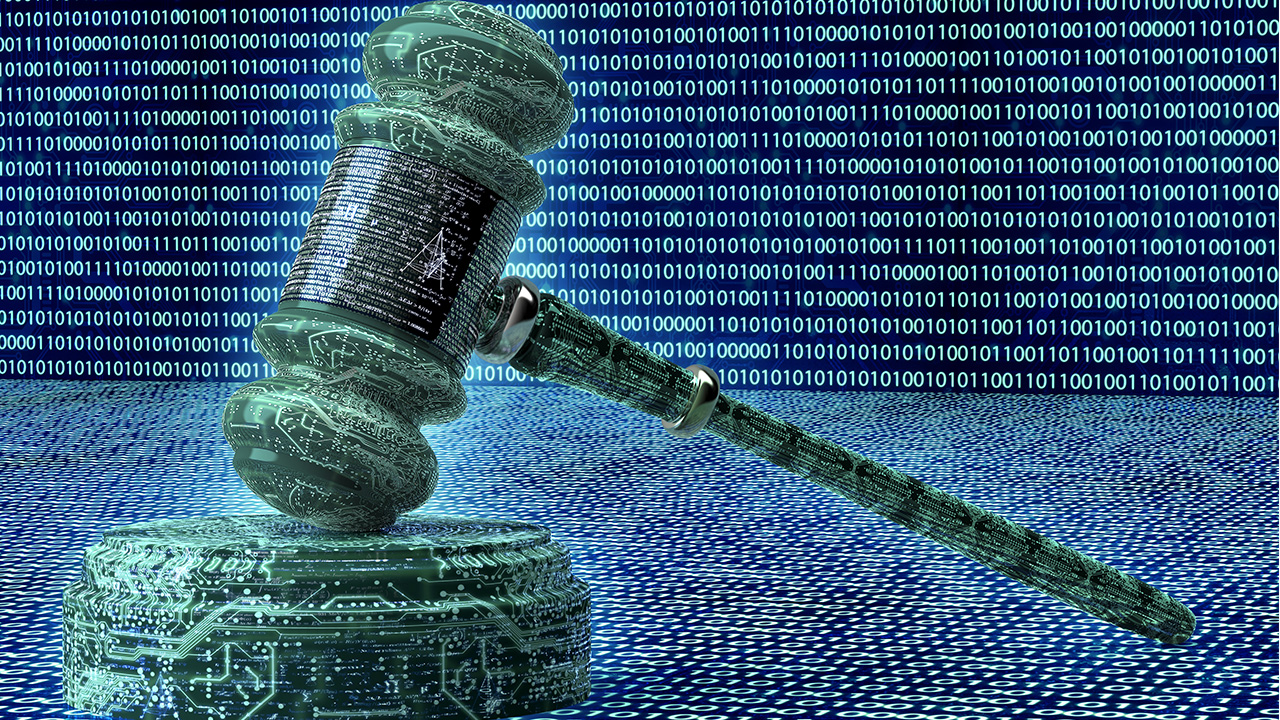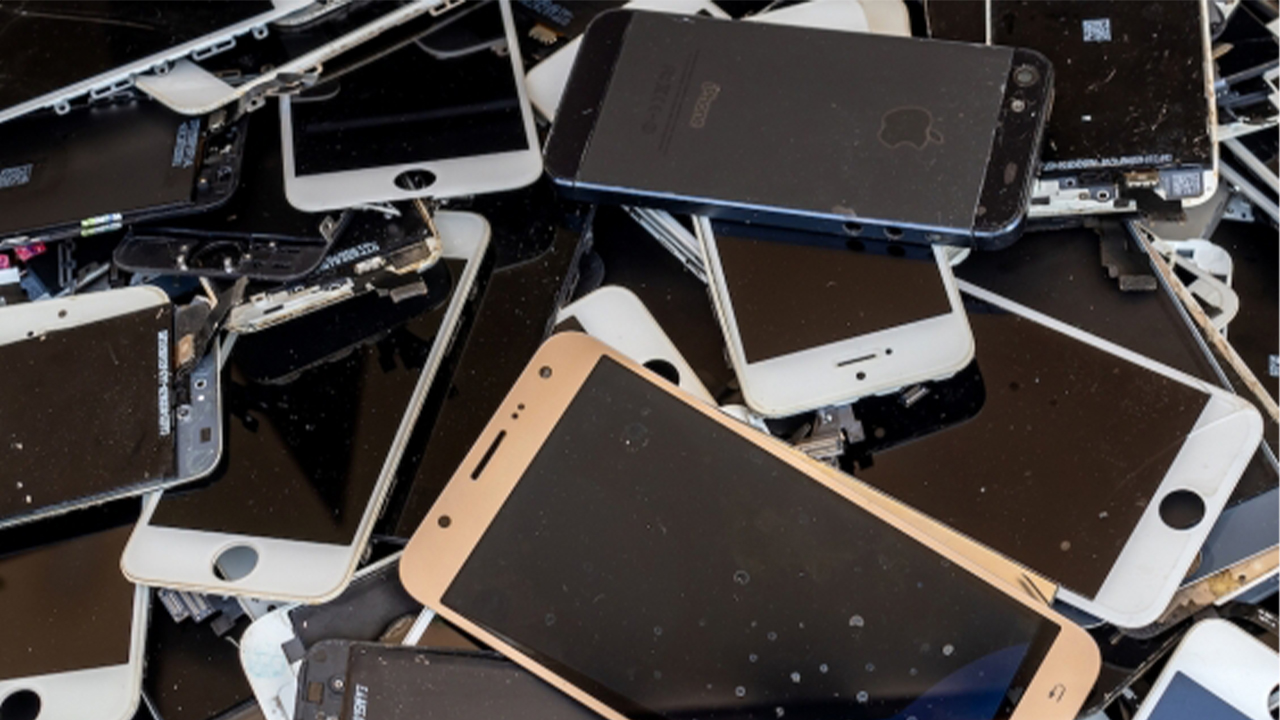Data justice

In a world where data technology has the potential to create new inequalities and deepen existing discriminations, how should we respond? What are the risks and benefits of using data for decision making, especially for vulnerable groups, and how does data-driven decision-making impact the justice system itself?
This panel features Dr Lina Dencik and Professor Janet Chan exploring the intricate relationship between ‘datafication’ and social justice. This discussion is chaired by Associate Professor Tanja Dreher.
This discussion was recorded live for the UNSW Sydney Grand Challenge on Living with 21st Century Technology.
About Dr Lina Dencik
Dr Dencik is Reader at Cardiff's School of Journalism, Media and Culture and Co-Founder of the Data Justice Lab. Lina's research concerns the interplay between media developments and social and political change, with a particular focus on resistance. Recently, she has moved into the areas of digital surveillance and the politics of data. Lina has written several articles and books, most recently, Digital Citizenship in a Datafied Society (with Arne Hintz and Karin Wahl-Jorgensen, Polity Press, 2018). Her current project, funded by an ERC Starting Grant, is ‘Data Justice: Understanding datafication in relation to social justice’ DATAJUSTICE.
About Professor Janet Chan
Professor Chan is recognised internationally for her contributions to policing research, especially her work on police culture and socialisation, police reform, and the use of information technology in policing. Janet is currently a Professor at UNSW Law, Key Researcher at the Data to Decisions Cooperative Research Centre (D2D CRC), leader of the Data Justice stream of the Allens Hub for Technology, Law and and Innovation, and leader of an ARC Linkage Academy project on using big data for social policy. Janet was elected Fellow of the Academy of Social Sciences in Australia in 2002 and in 2015 she was the joint recipient of the ANZ Society of Criminology Distinguished Criminologist Award.



